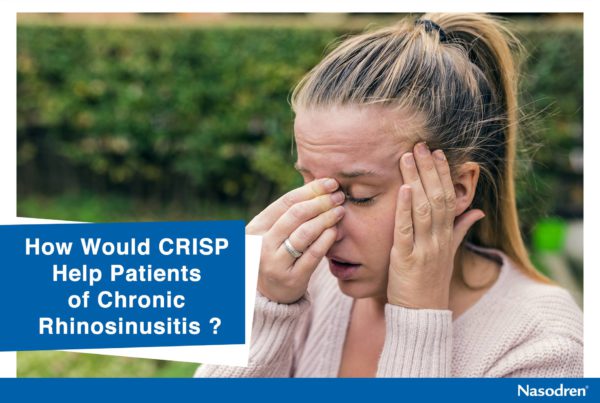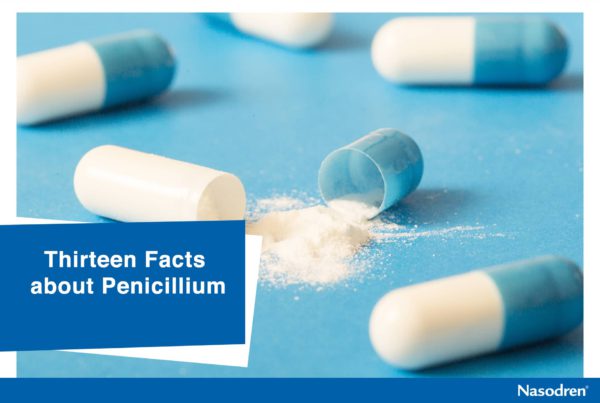5 principles of rhinitis treatment
Rhinitis therapy depends on various factors that are divided into five groups: education, surgical procedures, immunotherapy, pharmacotherapy and avoiding allergens.
The first principle of the treatment is educating patients about need for and how to avoid allergens. The education is very important in case of chronic rhinitis. The chronic patients shall have thorough understanding of type of disease, associated complications, required drugs, drug action, when and how to administer the drug, and side effects of medication. You can distribute up to date brochures featuring addresses of authentic online resources, leaflets and videos among the patients.
For instance, you can visit http://www.whiar.org/ to learn Allergic Rhinitis and its Impact on Asthma (ARIA) guidelines. The non-governmental organization ARIA focuses on allergic rhinitis. The ARIA has been started to promote allergic rhinitis management considering evidences and asthma symptoms. The organization aims to plan, manage and finance projects for health improvement across the world. ARIA, working with World Health Organization, offers diagnostic, preventive and therapeutic help for better basic healthcare facilities. A contact address of the information provider is another plus.
Immunotherapy means restoring or stimulating the immune system of the patient. An appropriate immunotherapy may also prevent from a consequent asthma attack. If pollen-related rhinitis patients do not respond to medication, immunotherapy should be advised.
For instance, regular allergen-specific vaccination may reduce reaction to allergen exposure and therefore the symptoms of rhinitis. Immunotherapy is the best option in case of single-allergen-associated rhinitis. The best quality of one or two allergen extracts shall be used for the vaccination.
Pharmacotherapy refers to use of drugs for treatment. Commonly used rhinitis drugs include oral and topical antihistamines and corticosteroids, cromoglicate, antileukotrienes, cholinoceptor antagonists and vasoconstrictors. Oral antihistamines are useful in treating perennial and seasonal allergic rhinitis in both children and adult patients. Initially, topical corticosteroids are administered to treat idiopathic and perennial allergic rhinitis, nasal polyposis and hay fever. The most effective drug for allergic rhinitis is intranasal corticosteroid. Consult your physician before starting any medication.
You cannot completely avoid the exposure to allergens, but you can definitely reduce it. If you can avoid the allergens, dependence on medication will minimize and chances of getting an asthma attack may fall. For example, use plastic covers for pillows and mattresses, replace carpets with wooden flooring and do not store clothing in your bedroom to avoid dust mites. Do not visit to areas full of pollens. Nasal filters and regular nasal washing also reduces the exposure.
Surgery is the last option when medical therapy fails. The purpose of a surgical procedure recommended for an allergic rhinitis patient is creating efficient nasal airway for medication delivery. In case of non-infectious, non-allergic rhinitis, surgery is suggested to minimize septal deviation or change the inferior turbinate’s size.






